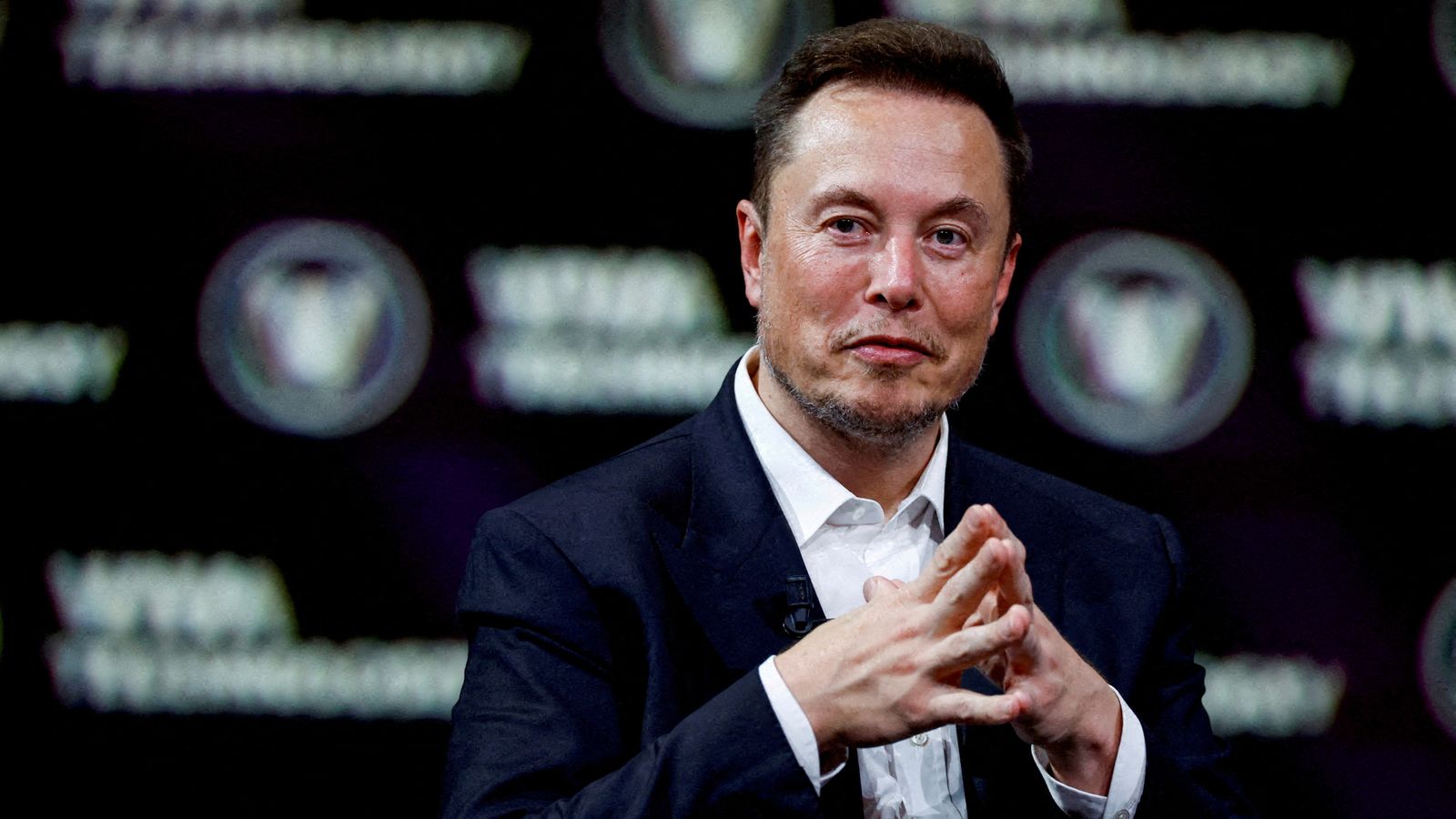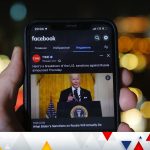Elon Musk has revealed that his social network X, formerly known as Twitter, will soon be introducing voice and video call capabilities for its users.
Known for his ambitious proclamations that have not always materialised, the billionaire did not clarify when these features will be rolled out.
The company has also updated its privacy policies to include the collection of biometric data and employment history, among other information. This move suggests that X is aiming to broaden its data collection practices.
Users will be told from 29 September depending “on your consent, we may collect and use your biometric information for safety, security, and identification purposes”.
Biometric data encompasses characteristics like fingerprints and facial recognition but there is currently no specification about the types of data to be gathered by X.
Any inquiries regarding these updates have yet to receive a response from the company.
Read more:
Elon Musk removing block feature on X (formerly Twitter)
Musk and Zuckerberg’s fight plan may have stalled – but they will attend AI summit
Commenting on the move, Stephen Wicker, a professor at Cornell University and expert on data privacy, said: “The announcement is at least an acknowledgement that X will be doing what other social networks have already been doing in a more covert fashion.”
Elon Musk and Mark Zuckerberg’s fight plan may have stalled – but they will attend AI summit
Elon Musk removing block feature on X (formerly Twitter)
Mark Zuckerberg says ‘time to move on’ from Elon Musk cage fight
Two years ago, Facebook consented to a settlement of $650m (£513m) in a privacy lawsuit, which alleged the unauthorised utilisation of photo face-tagging and other biometric data from its users.
Please use Chrome browser for a more accessible video player
Prof Wicker added that X’s announcement represents a continuation of the ongoing trend of collecting personal data from users of social networks, all for the purpose of “targeted advertising”.
He added that this data collection “continues to be a problem for the individuals that provide the data, while a source of wealth for those that take it”.
Read more:
Elon Musk’s X removes Holocaust denial post after days of criticism
Elon Musk removing block feature on X (formerly Twitter)
Be the first to get Breaking News
Install the Sky News app for free
According to Musk’s announcement, the voice and video call functionality on X will be compatible with Apple and Android devices, as well as computers, without requiring users to provide phone numbers.
Rival social platforms already offer voice and video call features. Meta, the parent company of Facebook, WhatsApp, and Instagram, introduced these capabilities on Messenger back in 2015, while Snapchat added them in 2016.
For users within the European Union (EU), where comprehensive regulations aimed at reining in Big Tech, known as the Digital Services Act, came into force last week, X has introduced an additional reporting tool for posts and advertisements that might contravene the new regulations.
However, this feature is not accessible outside the EU, where these regulations do not apply.
In June, Twitter engaged in a voluntary “stress test” to evaluate its readiness to comply with the DSA. They include safeguarding children online as well as detecting and mitigating disinformation under both normal and extreme circumstances.
European Commissioner Thierry Breton, at that time, acknowledged Twitter’s “firm commitment to adhere” to the DSA but emphasized the need for ongoing efforts.






















